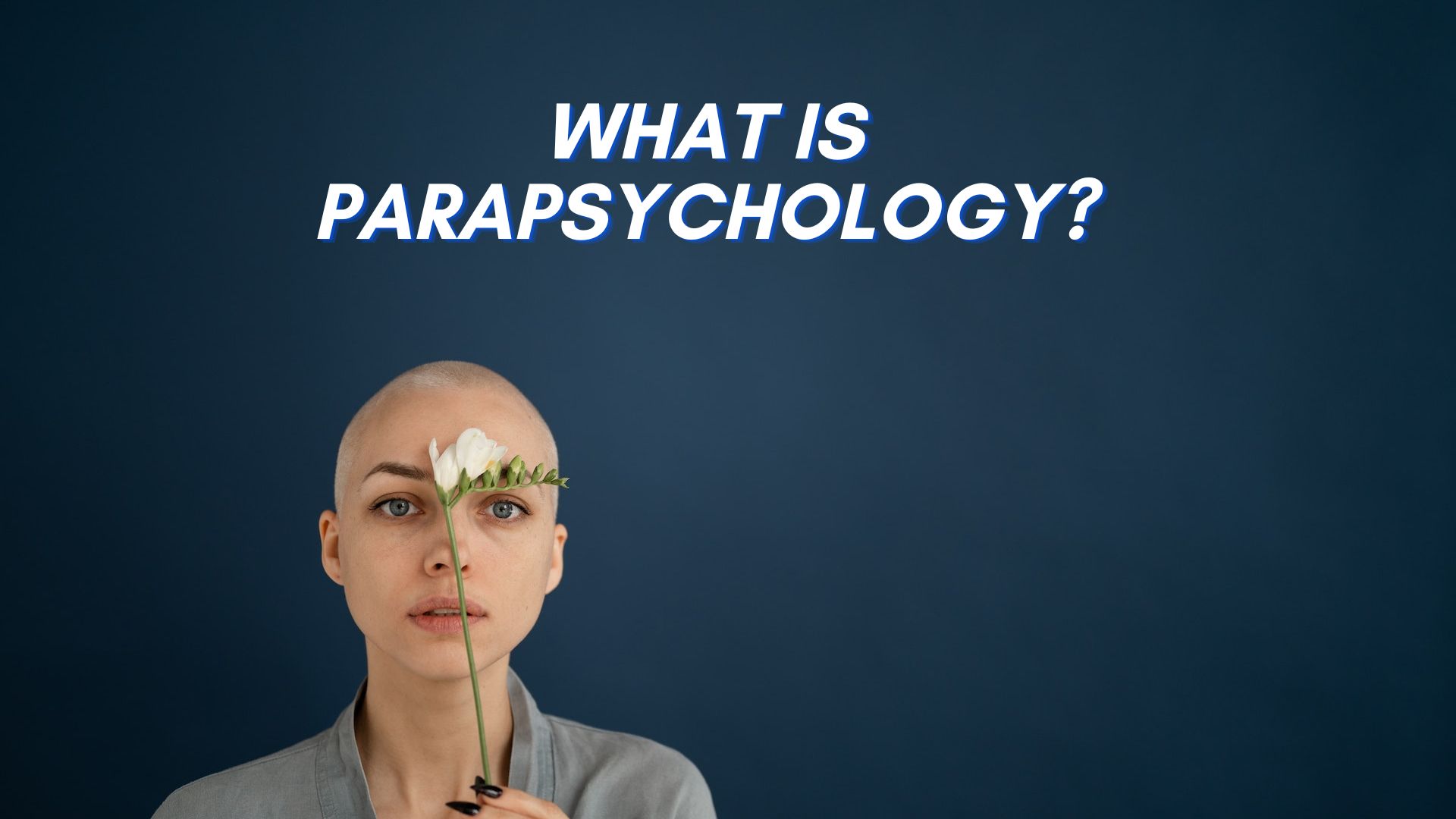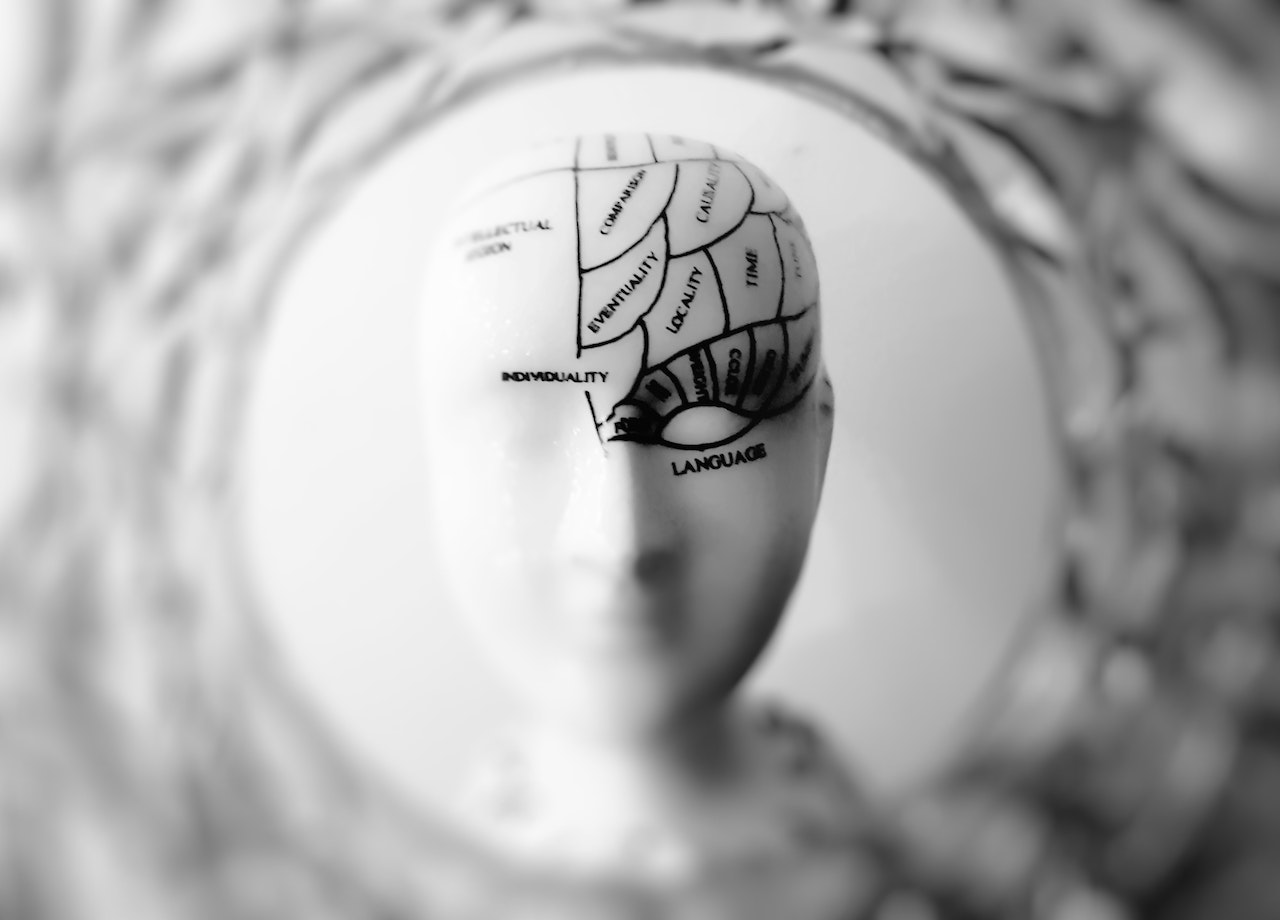What Is Parapsychology?
What is parapsychology? The scientific study of behavior and experience is known as psychology. The study of abnormal behavior and experiences, often known as paranormal ones, is known as parapsychology. Time, distance, and force have no bearing on paranormal events. Extrasensory perception (ESP), which is the study of communications purportedly without the involvement of any known sensory organs, and psychokinesis (PK), which is the study of physical actions that appear to occur without the involvement of any recognized motor organs, are the two primary disciplines of parapsychology.
Author:Suleman ShahReviewer:Han JuAug 10, 202483.6K Shares1.3M Views

What is parapsychology?The scientific study of behavior and experience is known as psychology. The study of abnormal behavior and experiences, often known as paranormal ones, is known as parapsychology. Time, distance, and force have no bearing on paranormal events.
Extrasensory perception (ESP), which is the study of communications purportedly without the involvement of any known sensory organs, and psychokinesis (PK), which is the study of physical actions that appear to occur without the involvement of any recognized motor organs, are the two primary disciplines of parapsychology.
A few examples of ESP or paranormal experiences are telepathy, which is the ability of two people who are physically separated to communicate without the use of their senses; clairvoyance.
Which is the ability to see things that are hidden or take place far away from the person; and precognition, which is the ability to know things that cannot be foreseen or inferred from the information at hand. Paranormal healing and the poltergeist phenomenon are two examples of PK.
Comparative Psychology
The examination of behavioral organization variations and similarities in all living things, including microbes, plants, and people, includes The field gives special consideration to how humans differ psychologically from other species.
While studying animals, comparative psychology focuses on identifying qualitative as well as quantitative parallels and discrepancies in animal (including human) behavior. It has significant uses in disciplines including medicine, ecology, and animal training.
The study of lower animals has shed more light on human psychology in areas like the development of individual behavior, motivation, the nature and methods of learning, effects of drugs, and localization of brain function since the rise of experimental comparative psychology in the latter half of the 19th century and its rapid growth during the 20th.
Other animals are more accessible in termsof quantity and control during experiments than human participants, and fewer animals may teach you a lot about people. However, comparative psychologists have taken care to avoid anthropomorphizing animal behavior.
Which refers to giving animals human characteristics and motives when their actions may be explained by more straightforward explanations. The canon that this concept belongs to is called the Lloyd Morgan canon, after a British pioneer in comparative psychology.
History Of Parapsychology
Since individuals have believed in and attempted to verify para-psychological occurrences for years, or even millennia, it is impossible to pinpoint the exact birth of parapsychology. However, parapsychology truly came into its own as a recognized school of thought and field of academic study in the 19th century.
The rise in acceptance of parapsychology may be attributed in large part to the new religious and philosophical movement known as Spiritualism. The foundation of spiritualism was the idea that, especially via seances, living people might connect with and converse with the deceased.
Many individuals took Spiritualism extremely seriously, which sparked a desire to investigate Spiritualist claims and see whether parapsychology had any academically valid foundations. Since spiritualism was so well-liked, psychic investigators looked for the HMS Terror and HMS Erebus when they vanished in the Arctic in the 1840s.
The wife of the expedition's leader, Sir John Franklin, Lady Jane Franklin, a devout spiritualist, relied on seances and psychics to learn more about her husband's whereabouts.
Theosophy was a religious movement that tried to find out the truth about the world through meditation and other trance-like activities. It was one of the things that helped parapsychology grow.
Psychic Phenomena And Paranormal Studies
Numerous psychic phenomena and other paranormal events have been the subject of paranormal investigations. In their research, they tried to gather proof of ghost sightings at Duke University and other universities that treated parapsychology seriously.
They also conducted in-depth interviews with individuals who claimed to be psychic mediums or to have the ability to foretell the future or know facts.
Even the possibility of psychic powers in canine species was investigated at Duke University. Even though some research did seem to provide strong evidence that paranormal things happen, critics often pointed out flaws in the way the sciencewas done.
What Is Parapsychology? Fiction And Fact
Critics of parapsychology point out that there is little solid proof of real paranormal activity and that it is difficult to replicate apparent discoveries. They also say that parapsychologists have not completely ruled out all possible scientific explanations for the things they study.
Modern parapsychologists have attempted to employ the scientific method to evaluate their beliefs with empirical facts, even though previous demonstrations and notions regarding psychic phenomena have frequently been found to be erroneous.
But some of the most well-known investigations into what seemed to be psychic events have been questioned because of how they were done.
Conclusion
What is parapsychology? The most common definition of parapsychology is the study of extrasensory aspects of psychology. In this discipline, phenomena including clairvoyance, the capacity to foresee the future telekinesis, the capacity to move objects with the mind telepathy , mind-to-mind communication, and ghost sightings are examined.
The field of parapsychology also includes extrasensory perception (ESP) and out-of-body experiences.

Suleman Shah
Author
Suleman Shah is a researcher and freelance writer. As a researcher, he has worked with MNS University of Agriculture, Multan (Pakistan) and Texas A & M University (USA). He regularly writes science articles and blogs for science news website immersse.com and open access publishers OA Publishing London and Scientific Times. He loves to keep himself updated on scientific developments and convert these developments into everyday language to update the readers about the developments in the scientific era. His primary research focus is Plant sciences, and he contributed to this field by publishing his research in scientific journals and presenting his work at many Conferences.
Shah graduated from the University of Agriculture Faisalabad (Pakistan) and started his professional carrier with Jaffer Agro Services and later with the Agriculture Department of the Government of Pakistan. His research interest compelled and attracted him to proceed with his carrier in Plant sciences research. So, he started his Ph.D. in Soil Science at MNS University of Agriculture Multan (Pakistan). Later, he started working as a visiting scholar with Texas A&M University (USA).
Shah’s experience with big Open Excess publishers like Springers, Frontiers, MDPI, etc., testified to his belief in Open Access as a barrier-removing mechanism between researchers and the readers of their research. Shah believes that Open Access is revolutionizing the publication process and benefitting research in all fields.

Han Ju
Reviewer
Hello! I'm Han Ju, the heart behind World Wide Journals. My life is a unique tapestry woven from the threads of news, spirituality, and science, enriched by melodies from my guitar. Raised amidst tales of the ancient and the arcane, I developed a keen eye for the stories that truly matter. Through my work, I seek to bridge the seen with the unseen, marrying the rigor of science with the depth of spirituality.
Each article at World Wide Journals is a piece of this ongoing quest, blending analysis with personal reflection. Whether exploring quantum frontiers or strumming chords under the stars, my aim is to inspire and provoke thought, inviting you into a world where every discovery is a note in the grand symphony of existence.
Welcome aboard this journey of insight and exploration, where curiosity leads and music guides.
Latest Articles
Popular Articles

